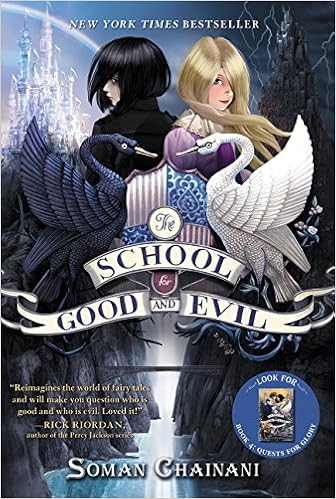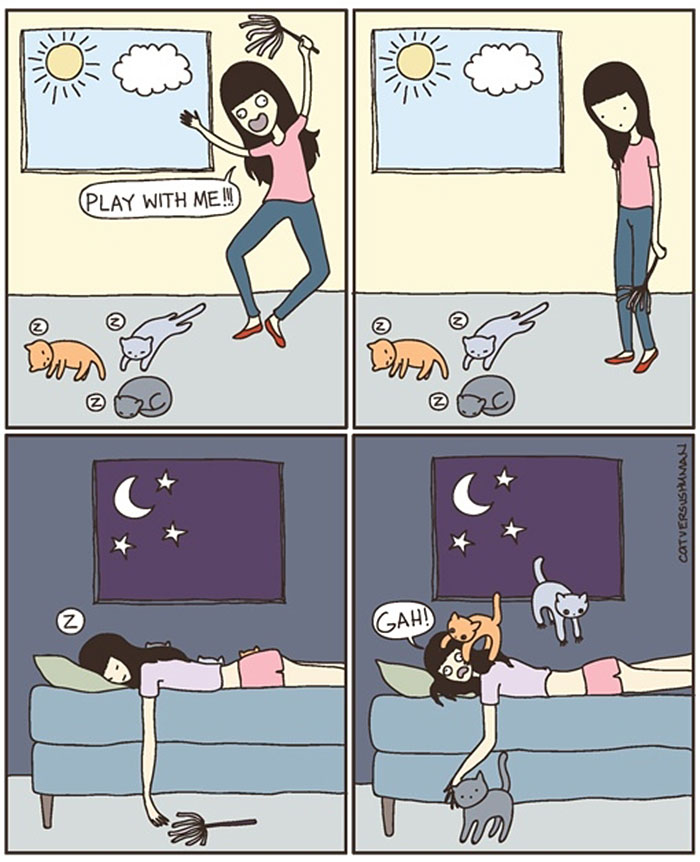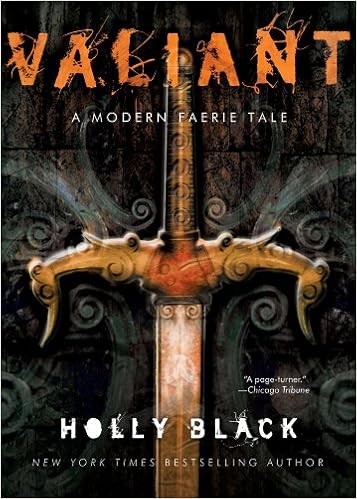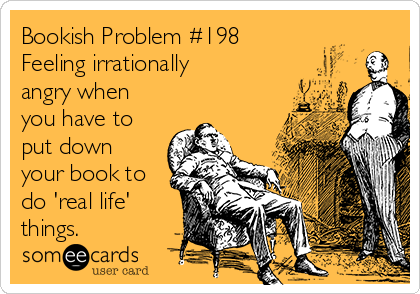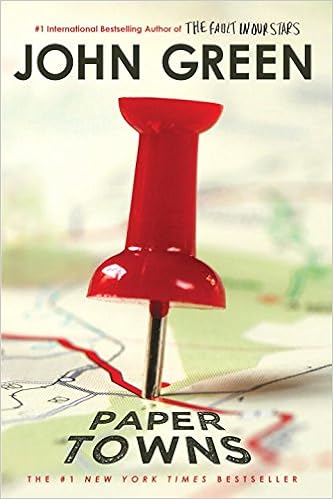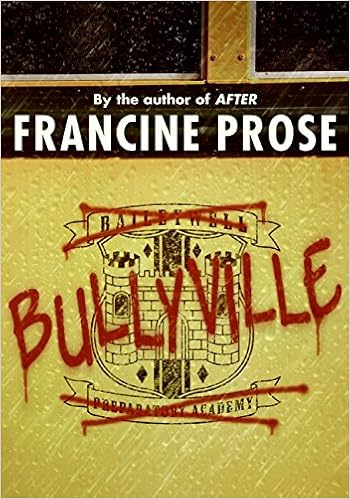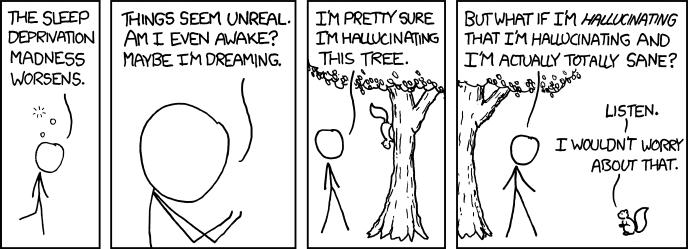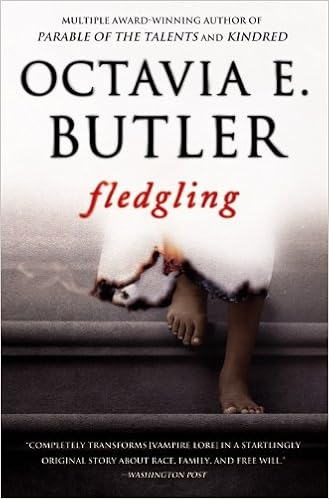Ok, the time has come. I'm taking a stand. The Discworld series is
not YA! (So, now there are a bunch people sputtering in their beverages that anything involving puns, wizards, and self-animated walking luggage has to be YA and a whole other group of people rolling their eyes and saying "well, duh! Of course it isn't")
See this is the problem with classing things by age. What's the cut off and how does one go about defining it?
Here's my reasoning for Discworld. It's really quite simple. When I first read this series I was 16. I didn't hate them, but I also didn't get why they were supposed to be funny. Reading the series was a long boring experiment in cross-cultural befuddlement. Over the course of a couple years I got about as far as
Soul Music before apathetically throwing in the towel. I'm now in my late 30's, more than twice the age I was then, and I love them.

The difference is that now I get the jokes. Part of that is that I'm just older and all the protagonists are fully adults. It resonates more. Part if is that I've watched a great deal more BBC programming. So, I'm more familiar with British humor in general. The biggest reason though is that I've read a great deal more literature and history. Most of the jokes involve a frightening breadth of literature. To get the jokes, one has to be fairly well read and, as much as I read, I think I'm missing things still. What teenager has read more in their less than twenty years than I have in my slightly less than 40 years?
So,
NOT YA!
Alright, enough of that.
Interesting Times is a Rincewind book. It starts out with the gods of luck and fate sitting down to play something that seems like chess. The "board" is the empire on the counterweight continent, which is where Twoflower came from in
Colour of Magic. Fate has all the noble families of the empire. Luck has Rincewind, Cohen the Barbarian, a horde of geriatric barbarians, and the red army. Things then play out as they often do in Pratchett's books. By which I mean, a string of seemingly unrelated an ridiculous things happen that in the end all come together like the pieces of a puzzle box.
The Agatean Empire is clearly modeled after the imperial Chinese court and so this all made me slightly uncomfortable. Pratchett is a satirist and poking at another culture this way just gives me the willies. That's not to say that it wasn't all very funny, because it was. It just made me squirm a little. It was, however, fun to get all the characters back from the first book for a kind of character reprise.
Good read, but not a quick one. Humor relies on a passing familiarity with Imperial Chinese history and culture and some knowledge of Sun Tzu's
The Art of War. The biggest challenge for adolescent readers is the lack of chapter breaks. There are no chapter delineations, just text breaks when Prachett picks up with a different point of view character.



